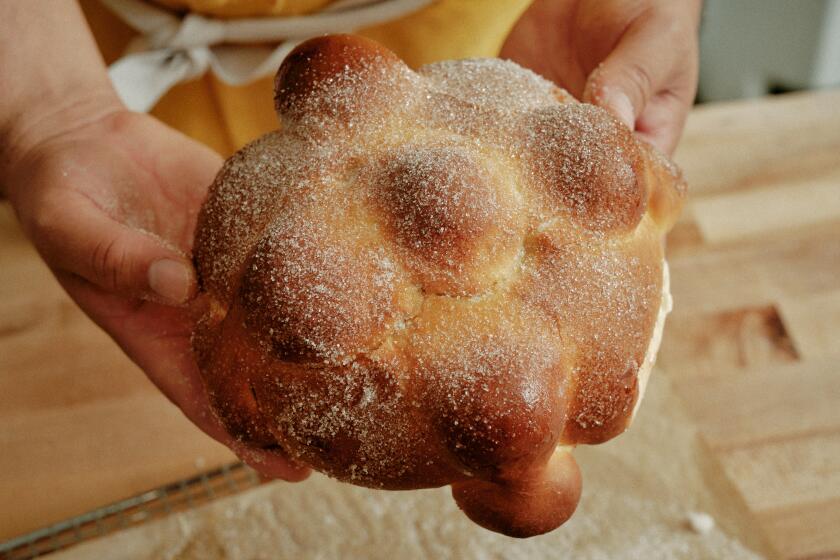Forklore: Pasta past
The oldest European word for noodle is itrion. In ancient Greece, itrion was a kind of tortilla flavored with sesame and honey, but some time before the 5th century, it evidently occurred to somebody that instead of frying your itrion in expensive sesame oil, you could boil it in plain water.
This early sort of noodle was not eaten with sauce, like Italian pasta. Basically it was an extender for soups and bean dishes, though sometimes it was sweetened to make a cheap dessert. During the Middle Ages, it became a small soup noodle like orzo.
Noodles are humble, poor folks’ food, the sort of thing ancient writers rarely bothered to note. The only reason we happen to know how early itrion had become a noodle is that it raised a dietary question for Jews: Did the dough become leavened, and therefore not kosher for Passover, before it was cooked in a dish? The question was asked in the Jerusalem Talmud (Tractate Betza 9), and that’s how we know itrion was no longer a tortilla-like bread by the 5th century.
Another sign that itrion had become a noodle was that people were referring to it in the plural: itria. (Noodles are always plural -- nobody ever refers to a spaghetto or a linguina.) In that form, the word spread not only to Hebrew and Aramaic but also to Arabic, and the Arabs took noodles as far as Portugal, which is why the Portuguese word for noodle is aletria --from the Arabic al-itriya.
More to Read
Eat your way across L.A.
Get our weekly Tasting Notes newsletter for reviews, news and more.
You may occasionally receive promotional content from the Los Angeles Times.







